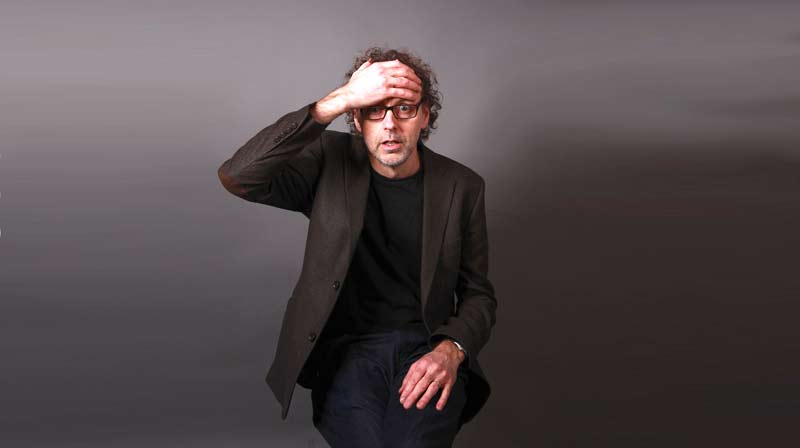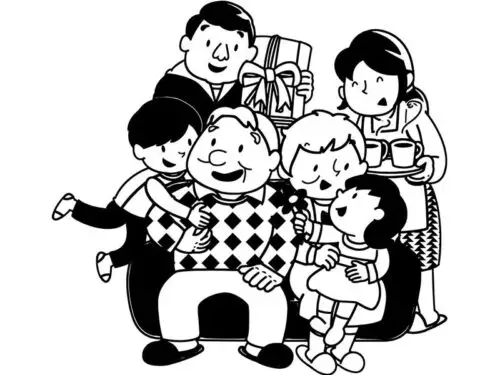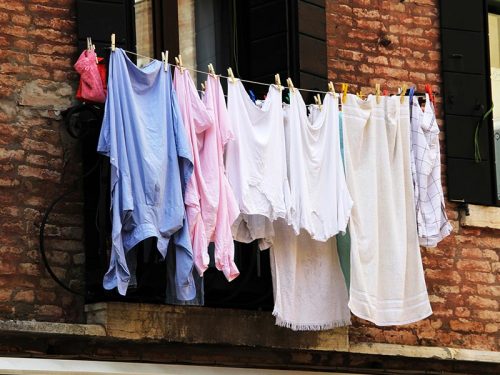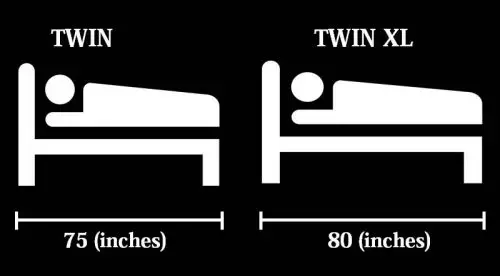What Happens If I Don’t Pay My Credit Card For 5 Years?: How many times have you visited your favorite store cashless and still bought everything that you needed? As a credit cardholder, this must not be something difficult for you.
Credit cards have been around for quite a while now and millions of people across the world are benefitting from the idea of purchasing things on credit. Many just use it for the amazing deals and discounts that large brands offer to credit cardholders.

Inspiring your journey, one story at a time. #LifeFalcon.
Now, this is all great and whimsical until you stop repaying the bank. So what happens if you don’t pay your credit card bill for 5 years?
Table of Content
Here is what happens…
When you stop paying for your credit cards, everything goes downhill from that end. The effects of not paying your credit card bills usually start off with notices from the bank. Over time, the results of you not paying your credit card bills for five years can render some serious outcomes.
From late fees to increased finance charges and some serious damage to the credit score, there are a lot of things that can go against you. As a worst-case scenario, your debts can be sold to an agency that can sue you, make you lose your job, and even render you homeless.
Let’s discuss some of the most common consequences that can happen if you don’t pay your credit card bills for five years.
Late Payment Fee
The payment history is thoroughly managed by banks and it is one of the most important factors when it comes to credit card payments. Initially, you would be charged with a late payment fee.
The usual payment is not that huge but it does increase with time. The card issuer will start to charge you interest and also report your payments.
In the beginning, the payment you have to make on top is quite low but after some time, it increases which makes repaying very difficult for the customers. As the balance increases, the interest and payment will start increasing so less money is available for future expenses.
Negative Impact on Credit Score
Late payments will eventually start to increase. First, it is 30 days, followed by 60, 90, and then 180 days. This will decrease your credit score and could ruin a chance for a future loan.
There will be a very strong loss of your scores which will result in seven years of default on your credit card. For people living as tenants or working for big companies, having a negative credit score can actually hamper your lifestyle.
Most landlords do not like to give the property away to people with bad credit scores and many companies check credit scores before they welcome you aboard.
All in all, we are talking about one losing literally everything they own and their standard of lifestyle, due to unpaid credit card bills and a bad credit score.
Account Transfer to Collection Agencies
You seriously don’t want this to happen. If you don’t pay your dues within a time limit of 5 years, your account is definitely sold to a collection agency. This is mainly done to make it difficult for you to track your account.
However, these collection agencies can actually inform your bosses, landlords, and next of kin about your irresponsible behavior. They automatically deactivate your account after 7 to 10 years (depending upon the legal requirement), if there have been no transactions made.
Also, you will be burdened to provide proofs and other records to justify your case, if you are willing to end it. This makes it even more difficult to handle the scenario.
Collection Account
On your 180 days, your creditor will assume that you will not further pay your credit card, so he will discontinue your account. The company will start paying a bill from your earning but will not forget your interest rate.
After this, the issuer will send your account to a collection agency for further details. By this time, interest rate and late fees will increase your bill greater than your unpaid amount.
Your account will be closed after this procedure and will remain closed for seven years after the first payment was missed.
Legal Obligations
Your collection agency or Issue Company can actually sue you for not paying your credit card dues. You need to show up at the trials and answer the entire summons. Don’t even think of not showing at the judgment because this way you automatically lose the case.
You need to answer the entire summons and check out all the options that you have to save your case. Hiring a lawyer will also help you make possibilities of success.
Here are a few things that can happen if you don’t show up at the court:
- Forced repayment of the debts
- Freeze of bank account
- Loss of jobs
- Lien against assets
- Bank capturing the assets after winning the case
- Legal fee charges by banks
- Jail sentence
Bankruptcy
If you cannot pay back your credit card bills for five years or more, the loan on you can build up so much that it can actually be quite difficult for you to pay it back. This is when most people seriously start to consider filing for bankruptcy.
Bankruptcy means that you are unable to pay your debts. This means that you need to pay back all your dues by giving away the property or any assets that you own. There are two types of bankruptcy options:
1. Chapter 7 bankruptcy
Most people apply for this bankruptcy. It requires you and the bank authorities to get the matters sorted out by a third party.
A third-party trustee will liquidate all the non-exempted assets and pay the debt collectors with your pending amount. This does require a person to lose a job and house.
Chapter 7 bankruptcy appears on the credit score for seven years.
2. Chapter 13 Bankruptcy
This is a more complex way to pay back your loans and pending credit card bills. This involves devising a suitable timeline to pay the bills and then pay the trustee (third person) who will then pay the bank or debt collector on your behalf.
Chapter 13 bankruptcy appears on the credit score for ten years.
Frequently Asked Questions
Q – What If You Never Pay Your Credit Card?
It is a very dangerous step because it can cause your name and your respect (among society) to decrease and later on your credit card issuer can take you to court and will force you to pay.
In the worst case, if you start ignoring your court order, you will be sent to jail. The key is to always address your credit card problems and issues immediately.
Getting completely involved and showing up in the court shows you eagerly want to solve your credit card case. This also gives you some sort of leverage against trials.
Q – Can my creditor file a case against me?
A debt collector may force you to pay your fee. He will have full authority to force you to take payment from your bank account or from your paycheck.
In some countries, it will happen only if the debt is outside the paying limits of the person in debt.
Q – How to manage a high credit score?
If you want to achieve a high score, you must not hold on to a high balance negatively which will affect your credit score. Your account balance should be under 30 percent of your credit limit.
If you skipped your billing cycle, your credit score will drop down if your credit reports your billing to three major credit bureaus. If you miss any further payment you will see a downturn in your credit score.
Q – What if you missed a single payment?
First, your company will contact you by phone, e-mail, text messages to remind you of your credit card payment. If you don’t want to pay, your debt collector will directly send a letter to the debt collector whom you surely wouldn’t like to face.
If you start missing your further payments, your account will be marked as an unpaid amount. This case is a bit daunting and you might not want to ignore this.
Conclusion
Make sure that all your payments are on time and you have everything under control. In any case, if you have not paid for 5 years, you need to ask for help from a credit card agency that can help you to explore many other options.
You can also make a repayment plan by considering the National Foundation for Credit Counseling. Do not fear to ask them for help.
If you are in serious trouble, you can get out of it by making a plan and seeking for help. First of all, ask your creditor to decrease your interest rate so that you can pay the remaining interest rate easily. Secondly, you have to buy only the basic needs of life to free up your remaining cash. Thirdly pay your high-interest rates first.
By following the above plan, you can repay without any serious difficulties or going through tough trials.



















